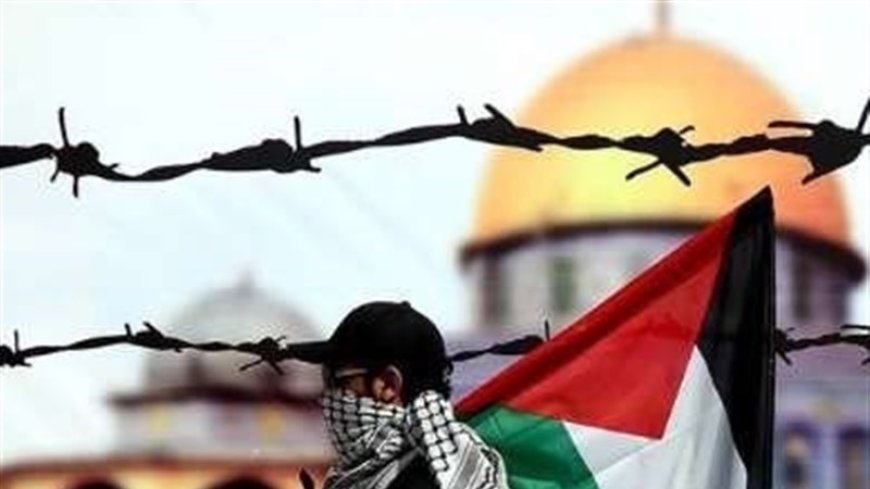Palestinian Resistance Committees Assert Vulnerability of Israeli Forces Following Yemeni Drone Strike
Palestinian resistance committees have stated that the Yemeni drone operation against the Zionists proved that they are not safe in the Palestinian territory.

The Palestinian Resistance Committees have made a bold statement regarding the recent drone operation conducted by Yemeni forces against Israeli targets, asserting that the strike has demonstrated the vulnerability of Israeli forces within Palestinian territories.
In a statement released on Friday, the Palestinian Resistance Committees lauded the Yemeni drone attack on Tel Aviv, describing it as a significant blow to the perceived invincibility of the Israeli state. The committee's statement emphasized that the operation dismantled the illusion of security held by the Israeli government and its supporters, including Prime Minister Benjamin Netanyahu and Defense Minister Yoav Galant.
According to the Resistance Committees, the drone strike sent a clear message to the Israeli occupiers: "This action has proven that Zionist forces are not safe in Palestinian land. The claims of invulnerability and security promoted by Netanyahu, Galant, and their American allies have been exposed as falsehoods."
The statement further called on resistance groups across the region to take inspiration from the Yemeni operation, urging them to target American and Israeli interests globally. This call to action reflects the committees' broader strategy of mobilizing regional resistance against what they perceive as Western and Israeli aggression.
The Yemeni drone attack, which struck a key location in Tel Aviv, marks a significant escalation in regional tensions. The operation was reportedly carried out by the Houthi forces, a faction supported by Iran, which has long been at odds with Israel and its allies. The strike has heightened concerns over the potential for increased violence and instability in the region.
Regional and International Reactions
The drone strike has elicited varied responses from international and regional actors. The Israeli government has condemned the attack, describing it as an act of terrorism and promising retaliation. Israeli officials have underscored their commitment to ensuring the safety and security of their citizens while warning against further escalations.
In contrast, some regional actors have viewed the strike as a symbolic victory against Israeli and American influence. Analysts suggest that the attack may serve as a rallying point for various resistance groups in the Middle East, further complicating efforts to achieve a stable resolution to ongoing conflicts.
The United States, a key ally of Israel, has expressed strong support for Israeli security and condemned the drone attack. The Biden administration has reiterated its commitment to countering threats against its allies and maintaining stability in the Middle East.
Implications for Peace and Security
The recent developments underscore the volatile nature of the Middle East conflict, where acts of resistance and military operations frequently influence regional dynamics. The Palestinian Resistance Committees' response highlights the growing complexity of the conflict and the challenges faced by international efforts to mediate peace.
As the situation continues to evolve, the international community faces the challenge of addressing the underlying issues driving the conflict while navigating the shifting alliances and power dynamics in the region. The drone strike and subsequent reactions from various parties signal a potential escalation in hostilities and a need for renewed diplomatic engagement to prevent further violence.
The Yemeni drone strike on Tel Aviv has intensified the ongoing conflict and highlighted the vulnerabilities faced by Israeli forces in the region. The Palestinian Resistance Committees' response reflects the broader tensions and calls for increased resistance against perceived external aggressions. As the situation develops, it remains crucial for international and regional stakeholders to seek pathways for de-escalation and address the underlying causes of the conflict to achieve lasting peace and stability.













































